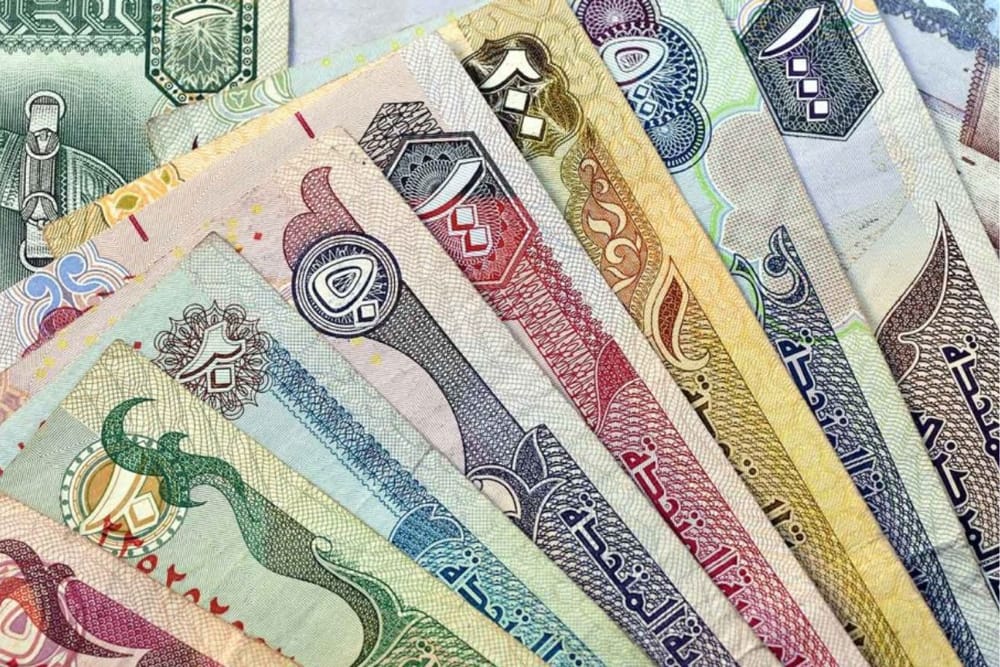When it comes to evaluating the effects of the recent imposition of a 20 percent tax on international banks' income in Dubai, analysts are divided. Some claim that foreign banks may raise fees in reaction to the levy and pass along the higher costs to their clients. However, there are hints that some banks might decide to take on the tax burden themselves in order to maintain their competitiveness.
According to experts, a twenty percent tax on international banks operating in Dubai seeks to reduce double taxation by bringing the "old" Emirate-level corporate tax regime into line with the recently implemented nine percent federal corporate tax regime.
With the exception of the Dubai International Financial Centre, the newly announced law is applicable to all international banks doing business in the emirate, including free zones.
According to the UAE Central Bank, there were 61 licensed banks in the country as of the third quarter of 2023, of which 22 were domestic banks and 39 were international banks.
Renan Ozturk, a senior director at Alvarez & Marsal Middle East, explains that the recent law imposing a 20% tax on foreign banks in Dubai doesn't mark a significant shift in the tax landscape. Rather, it aims to align the previous 20% Emirate-level tax with the newly introduced 9% Federal Corporate Tax regime. This alignment seeks to prevent double taxation and streamline taxation procedures for foreign banks.
The new law ensures that the 9% Federal Corporate Tax rate, effective from June 1, 2023, will be offset against the Dubai Emirate-level tax. This clarification addresses concerns among banks regarding potential double taxation. Although the law applies from March 8, 2024, there's ambiguity regarding the tax treatment between June 1, 2023, and March 7, 2024. Ozturk hopes for further clarification in the upcoming months.
Ozturk emphasizes that each emirate has the flexibility to establish its tax regulations. However, he reassures foreign banks that the two tax regimes are expected to remain aligned, providing relief to affected entities.
Fees, charges to increase
According to CPT Markets' chief revenue officer, Vikas Lakhwani, there's a good chance foreign financial institutions may raise their interest rates or service costs to make up for the tax.
"However, the extent of the increase will depend on the degree of rivalry presented by domestic banks and their earnings margins,"
he stated.
Lakhwani went on to say that because they might put profitability ahead of diversity, the customers might suffer indirect effects like higher interest rates and service fees as well as a smaller range of goods and services.
Absorbing cost
Joseph Dahrieh of Tickmill notes that while banks in Dubai may revise fees to manage costs, competition limits this. Banks will weigh operational efficiency, market strategy, and tax management in pricing decisions. Dubai's competitive banking sector promotes fair fees; foreign banks may absorb taxes to retain customers, prioritizing competitiveness over raising prices. Dahrieh emphasizes banks' deliberation on competitive position and customer relations before adjusting prices.
Profitability to stay strong
Joseph Dahrieh anticipates continued strong profitability for most foreign banks in Dubai due to the robust macroeconomic environment and high-interest rates, which bolster profit margins. He notes that dynamic business activities will sustain non-interest income, offsetting the tax impact on banks' earnings.
Vikas Lakhwani suggests that foreign banks with higher margins are better equipped to handle the tax burden, and those operating efficiently may experience minimal impact. However, customers may favor local banks if foreign banks significantly raise costs.
Compared to other financial hubs, Lakhwani believes that a 20% tax may not deter foreign banks from operating in Dubai, given its robust infrastructure and favorable business environment.
News Source: Khaleej Times









